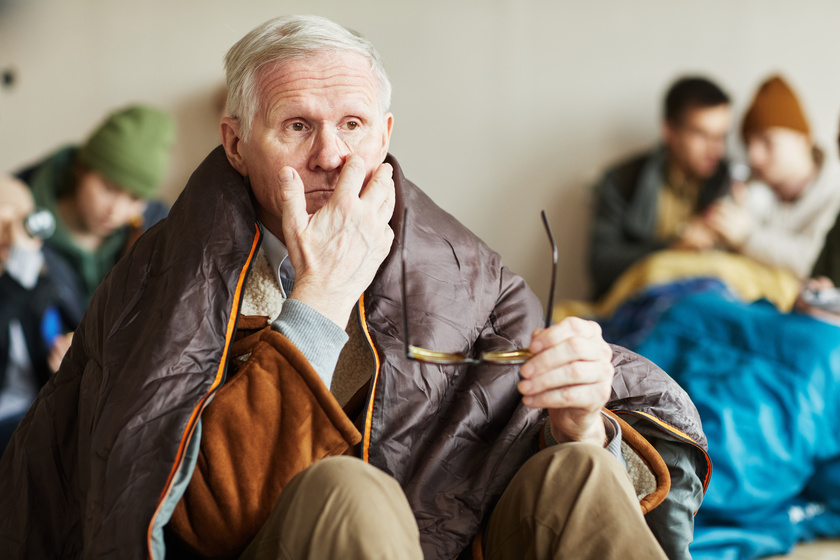The devastating Hurricane Ian, which hit many parts of Florida in September 2022, caused significant damage and impact. Seniors made up nearly two-thirds of the casualties in this massive storm. While the resilient population has adapted to the effects of natural disasters, vulnerable groups, particularly older adults, are facing several challenges in coping with them. The constant barrage of negative news, coupled with grief and loss, has brought a slew of physical and mental health issues to the forefront.
While physical health issues are often visible and detectable, mental health issues may go unnoticed and are left untreated, surface much later or develop into a long-time condition. Here’s how natural disasters and seniors’ mental health are intertwined with one another.
Impact of Trauma and Stress Disorders
While mild to moderate stress reactions are common in the aftermath of natural disasters, the elderly may be more vulnerable to developing stress disorders. After a disaster, post-traumatic stress disorder and acute stress disorder can have debilitating effects on the lives of older adults. Psychological effects of post-traumatic stress disorder may include anxiety, depression, mood disorders and in extreme cases, suicidal ideation.
Some seniors may also go through the ordeal of reliving the experience, causing their stress response system to stay activated for a prolonged period. Elevated cortisol or stress hormone levels may further have an indirect impact on their physiological health. It is critical that your loved ones seek counseling as soon as you spot the first signs of a stress disorder.
Impact of Secondary Trauma
During Hurricane Ian, many older adults in Tampa, FL did not evacuate and instead stayed in their homes to weather the storm. They might have been people with pre-existing illnesses. For example, older adults suffering from dementia or Alzheimer’s disease may lack the cognitive clarity required to seek help. They may also be immobile and disoriented, failing to recognize the need to evacuate. This resulted in the unfortunate death of the majority of these seniors.
Living through a natural disaster often means having to deal with grief and the loss of loved ones, friends, neighbors and acquaintances. In such cases, older adults are more likely to experience survivor’s guilt as they shoulder the mental burden of having survived a disastrous event when many others did not.
Surviving such a calamitous event can often result in more mental health issues than one would expect. Secondary trauma, which refers to experiencing stress and suffering after witnessing others in distress, may also occur in older adults. They may have witnessed the death of many of their peers, leading to feelings of helplessness and emotional exhaustion.
Impact on Existing Mental Health Conditions
Some older adults, particularly those who live alone, may have preexisting mental health conditions such as anxiety or depression. Natural disasters can aggravate these conditions, resulting in a slew of comorbid mental illnesses such as obsessive-compulsive disorder, extreme stress and eating and sleeping disorders.
When dealing with the aftermath of natural disasters, older adults frequently experience a loss of control, making them more vulnerable to deteriorating mental health. While some distress in the face of a damaging natural event is natural, it is critical to recognize the signs of destructive patterns in your loved ones and address them at their onset.







